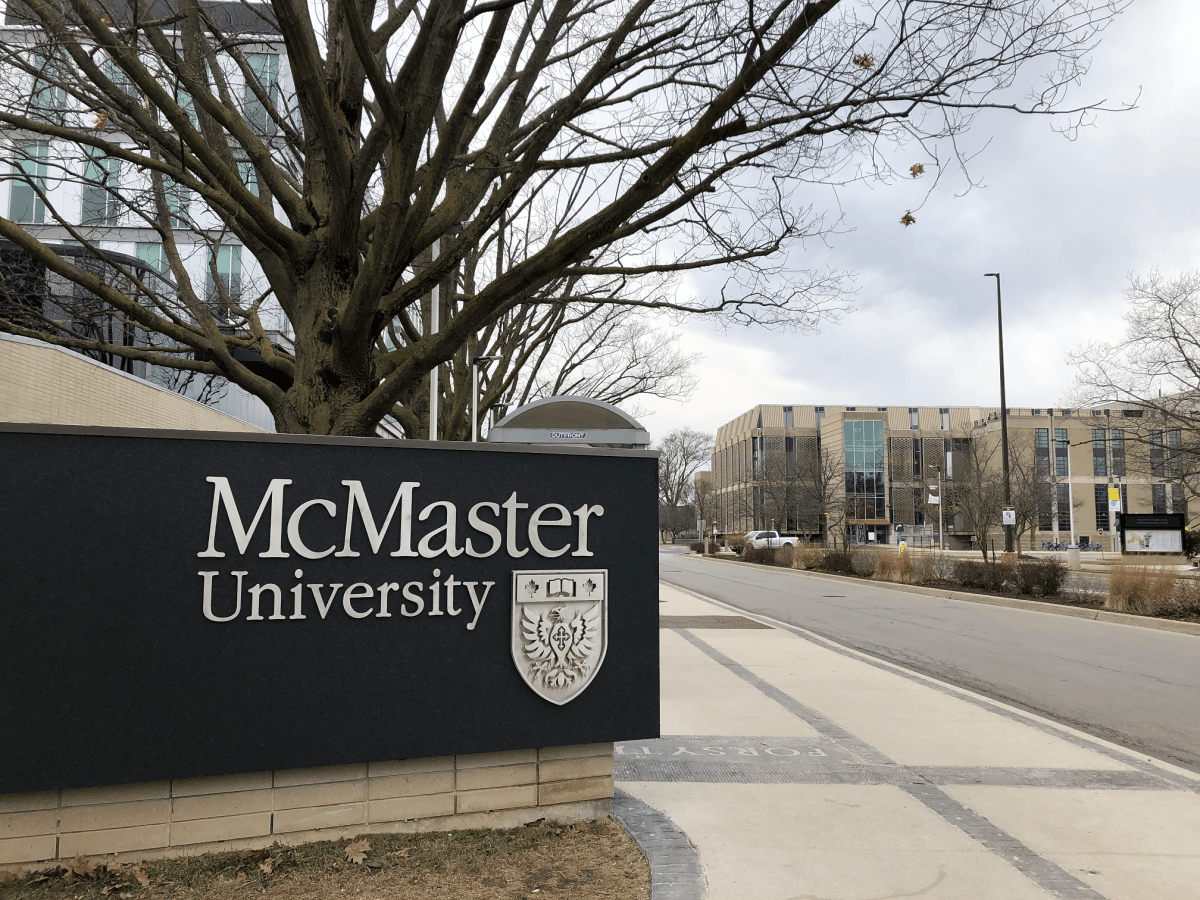A pair of McMaster researchers are using a boost in funding to study COVID-19 infection rates in Hamilton and determine why some people are more at risk than others.

A $300,000 grant from The W. Garfield Weston Foundation will help those researchers expand upon their original study about identifying airway microbes that protect people from respiratory infection — especially older adults — with a focus on the novel coronavirus.
The funds are in addition to a three-year, $1 million grant from the foundation through its Weston Family Microbiome Initiative.
The new research, which began this month, is being conducted through two studies — one looking at the actual infection rate of the virus in Hamilton, and another that will determine whether there are differences in the immune responses or the airway microbiomes of those who get sick and those who don’t, or in those who have symptoms versus those who don’t.
“We really want to understand if we can harness the power of any of the bacteria that we naturally harbour to prevent respiratory infections — including, but not exclusive to COVID-19,” said Dr. Dawn Bawdish, McMaster professor of pathology and molecular medicine and the Canada Research Chair in Aging and Immunity.
“We want to understand how the immune system leads to protection or perhaps makes us susceptible to infection, especially in the context of age.

Get daily National news
“As a side benefit of this, we’ll also be looking at how many people in the local area get infected, and we’ll especially be focusing on older adults and people with chronic health conditions.”
The pilot study has left both Bowdish and her research partner with blood samples of 100 participants, all of which were taken earlier in 2019. They were able to amass about 400 more samples of pre-COVID-19 blood from several other studies as well, with a particular focus on those people with respiratory conditions or autoimmune conditions.
All of those participants are being invited back to give blood in the new phase of the study in the fall or winter of 2020, which will help them determine how many people were infected, as they’ll be able to measure antibodies within their blood.
“Collectively now, we have blood banked from about 500 people before COVID started. And we’re going to invite them to come back afterward, so we can figure out how many people in the Hamilton area — especially people with lung conditions and older adults — were actually infected during this season.”
Those who take part in the research will be tracked for the next few years to examine how their immune systems change, especially if those people were exposed to the virus and how long they have an immunity to it.
Bowdish and her research partner, Dr. Michael Surette, professor of medicine and the Canada Research Chair in Interdisciplinary Microbiome Research, are also looking specifically at the airway microbiomes of those who have tested positive for COVID-19.
“This is primarily done through health-care workers,” said Dr. Surette.
“We’ll follow them over 10 days, but then also look at any members of their household who we would assume would be at higher risk, and look and see how they may or may not pick up the virus, and how they might respond.”
They’re also reaching out to Hamiltonians — especially those who are at high risk — for more data to widen their sample size.
“We are always looking for new blood and nasal swab donors,” said Bowdish. “We are definitely going to start recruiting before the end of the summer, and that would be incredibly valuable.”
While it’s not guaranteed that the studies’ findings will generate a vaccine, Bowdish said it will ideally help them further understand the microbes in our airways.
“We know that they are really good at actually producing chemicals or small molecules that kill other pathogens,” said Bowdish. “There may be some secrets in there for treatments.
“That’s not necessarily a vaccine, but there could be a treatment, either as a preventative … or alternatively, perhaps developing a new anti-viral or anti-bacterial drug.”
“We are pleased to support McMaster University to further our understanding of COVID-19 at this critical time,” said Mark Mitchell, chair of the Weston Family Microbiome Initiative, in a release from the university.
“These two studies offer important insights into the immune system’s response to this virus and may provide guidance for the prevention and management of the infection, ultimately improving the well-being of Canadians.”















Comments
Want to discuss? Please read our Commenting Policy first.